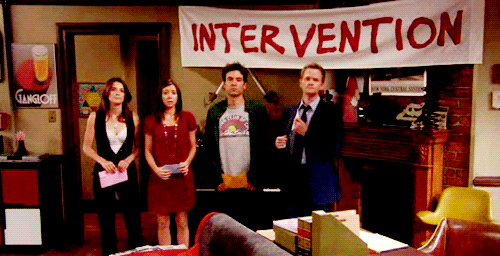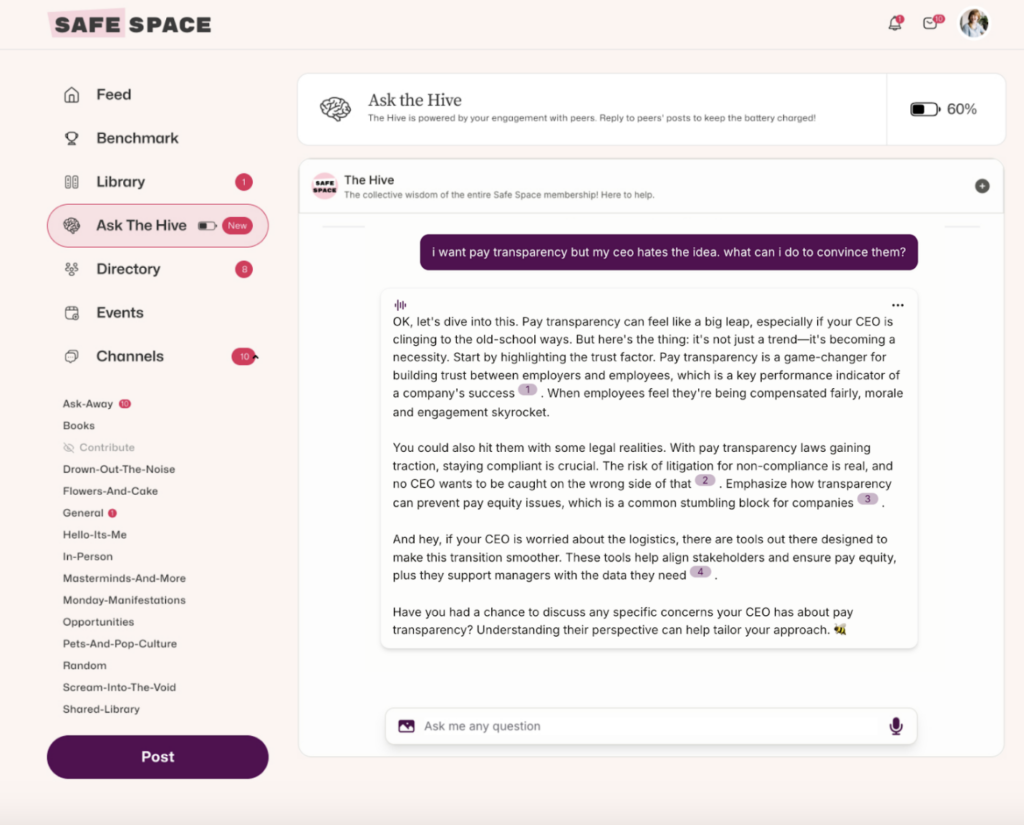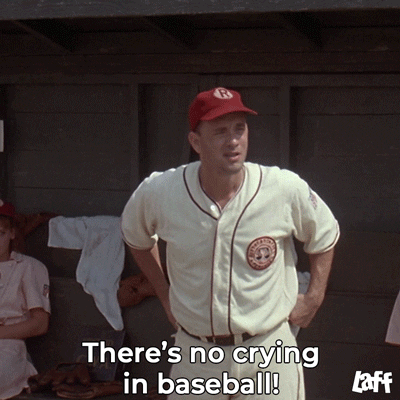
Over the last few weeks I’ve covered how to properly set and track goals.
Spoiler alert: your organization could do everything all right when it comes to setting goals and still potentially miss.
There are always factors that we can’t control, like:
- The market
- Talent (what if a key person departs??)
- Innovations in tech (that new product could overshadow yours…)
- Global crises (COVID changed A LOT)
- Internal challenges (conflict, miscommunication, etc)
And I’ve observed a lot of organizations that are afraid to talk about what happens if a goal is missed.
But, leaving your organization and employees in the dark about a missed goal has a lot of consequences, like:
- Lack of learning
- Decreased employee morale
- Missed opportunities to innovate
- Reduced trust in leadership
- Risk of future failures
That last one though…
Missing a goal is an opportunity to learn how to avoid future failures.
But missing a goal can be especially scary for an organization AND employees because there can be:
- Financial consequences (both to the business and employees)
- Performance management impact
- Impact on team morale
Something that can address the fear and turn a miss into a win?
Having a plan for what happens to do if a goal is missed.
Here’s my 3-step foolproof plan when it comes to a goal that’s missed that any HR leader can use:
1. Investigate why
2. Address the miss
3. Strategic intervention
Let’s look at each step.
Step 1: Investigate why

Just call me Inspector Gadget.
JOIN 150K+ HR LEADERS
Get insights, learnings, and advice on how to build companies and cultures that people actually love.
No spam. Unsubscribe any time.
The second I hear a goal is going to be missed or was missed I jump to investigation mode.
You need to know WHY a goal was missed to be able to address it and move forward.
Here are 10 common reasons goals are missed:
- The goal was poorly defined
- There was a skill gap on the team
- There wasn’t alignment across the organization
- There was a communication breakdown
- There was a lack of accountability
- There were competing priorities
- Leadership was ineffective
- There was a resistance to change
- External factors
- External dependencies
Sometimes a few of these could be at play as to why a goal was missed.
✍ Write down every reason that could be applicable.
I like to go one step further and also consider:
- Every team that was involved with the missed goals
- The leaders of those teams and their skills
- Any turnover on those teams
- Any headcount that was requested
- Any roles that were filled during the goal period
The answer to these questions + reasons goals are miss = clarity.
Step one ✅.
Step 2: Address the miss
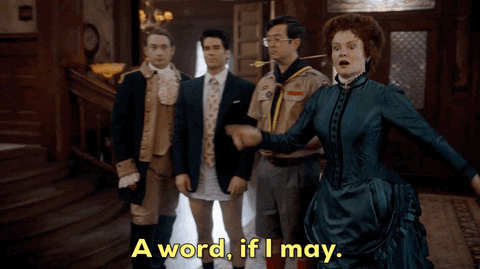
️ I’m sure you are SICK of me saying communication is key about all the things we should be communicating. Me too, tbh!
But you have to communicate if a goal is missed, why it was missed and what the organization is going to do differently.
I’ve seen organizations gloss over this without giving context to the employees and that is a huge miss.
By sharing context you get:
✅Better alignment across the org
✅Trust from the employees.
Having your executive leaders openly take accountability for missing a goal and sharing what they will do differently moving forward fosters psychological safety.
Teams that aren’t afraid to make mistakes and take accountability end up being more innovative… just sayin’.
Here’s a simple formula:
Team, we missed the goal XYZ due to (List factors). We learned that ____ and moving forward we are going to adjust by doing ________.
Think of it like a corporate mad lib!
Here’s an example:
Team, we missed the goal to get our product to market by the end of Q1 due to a serious lack of clarity on roles, responsibilities and resources. It seemed that everyone had a piece of the project but things weren’t coming together in a timely manner. We learned that we need to work on our project management and have a better understanding of deadlines across the board. Moving forward we are going to double down on internal communication and putting together weekly progress reports on outstanding tasks and any roadblocks teams are encountering. We’re also investing some resources in a project management system so that we have clarity across the board on responsibilities. With these adjustments I’m confident we’ll be able to meet future deadlines efficiently and effectively.
Sidebar: the goal miss was for reasons 3,4,5 and 7 from the list above.
The above communication should be communicated in writing and verbally.
If you’re wondering how many times something needs to be communicated check out the marketing rule of 7.
Be prepared for employees to ask how goals being missed will impact them. More on that later!
Step 3: Strategic intervention
Ahhh my favorite step of this plan. This may not be for the faint of heart…
INCEPTION.
Just kidding, or am I??
Step 3 is actually strategic intervention. Once you know why goals are being missed, and you address them, the final step is how to avoid them moving forward.
I get it, sometimes leaders and employees need to make the same mistake a few times before they learn their lessons. Like setting outrageous goals.
But at some point, enough is enough.
That is where intervention comes in!
Types of inventions HR leaders can do:
- Leadership development: teaching leaders to set goals correctly and how to better communicate the misses.
- Org restructure: sometimes teams need to change to avoid continual missing of goals.
- Cultural transformation: maybe the culture needs to change to create behaviors that are more conducive to accomplishing goals
- Employee training: sometimes employees need to be taught and their skills need to be more developed to achieve goals.
- Strategic planning workshops: not everyone is a strategic mastermind, some things need to be taught like how to assess goals and develop action plans.
- Performance Improvement: I dislike PIPs but sometimes if someone isn’t performing more radical steps need to be taken.
Intervention will vary from organization to organization but it’s a crucial part of the plan if your organization is missing goals.
♟️Why? Because it’ll help you make sure it doesn’t happen again.
A note on supporting employees…
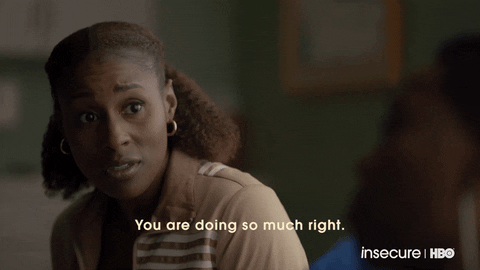
Missing goals can be demoralizing for employees.
And you might be following the plan above to figure out why, address the problems and strategically intervene yet your employees are still not doing well.
I’m talking about low morale, low engagement, high stress.
Well, then what do you do???
Spoiler alert: you’re doing a lot already to fix bigger systematic problems in your organization to set those employees up for success.
But when it comes to goals employees usually want to specifically know:
- How does this impact how my performance is viewed?
- Are goals part of your performance management process and ratings? If so, what impact does completing / missing them have?
- How does this impact my compensation?
- Does missing a goal mean less of a raise? If goals are tied to performance and so is comp, they’re all intertwined.
- How does this impact my future growth?
- Are goals part of your promotion or leveling process? Successfully achieving goals quarter over quarter could display someone is ready for the next step & bigger challenges.
❤️I’ve included some things to consider under each question but make sure you can answer these questions to fully support your employees.

